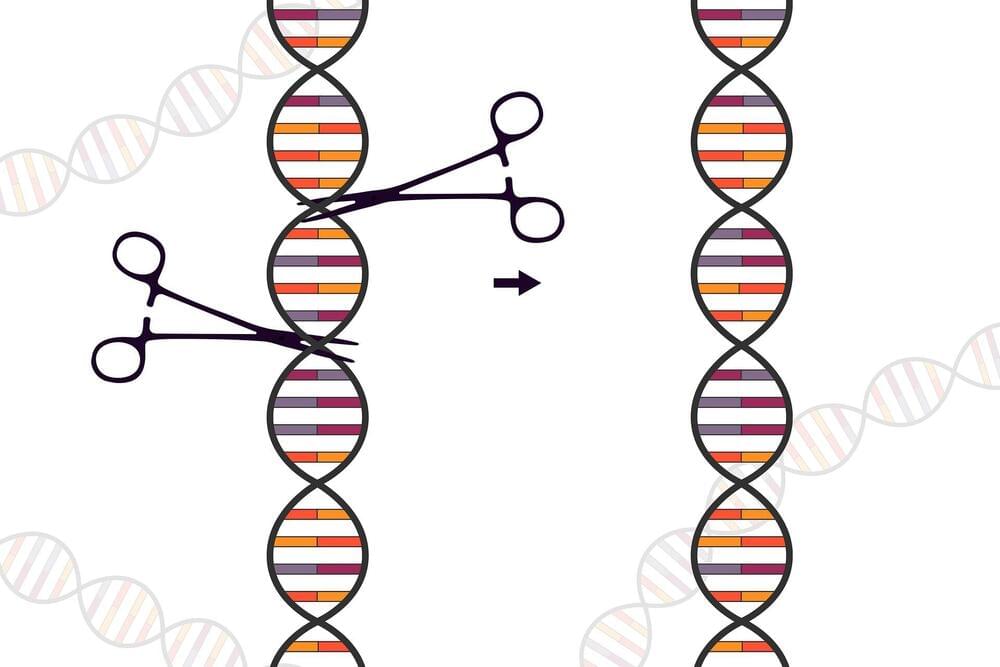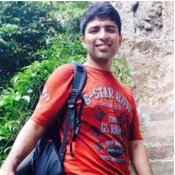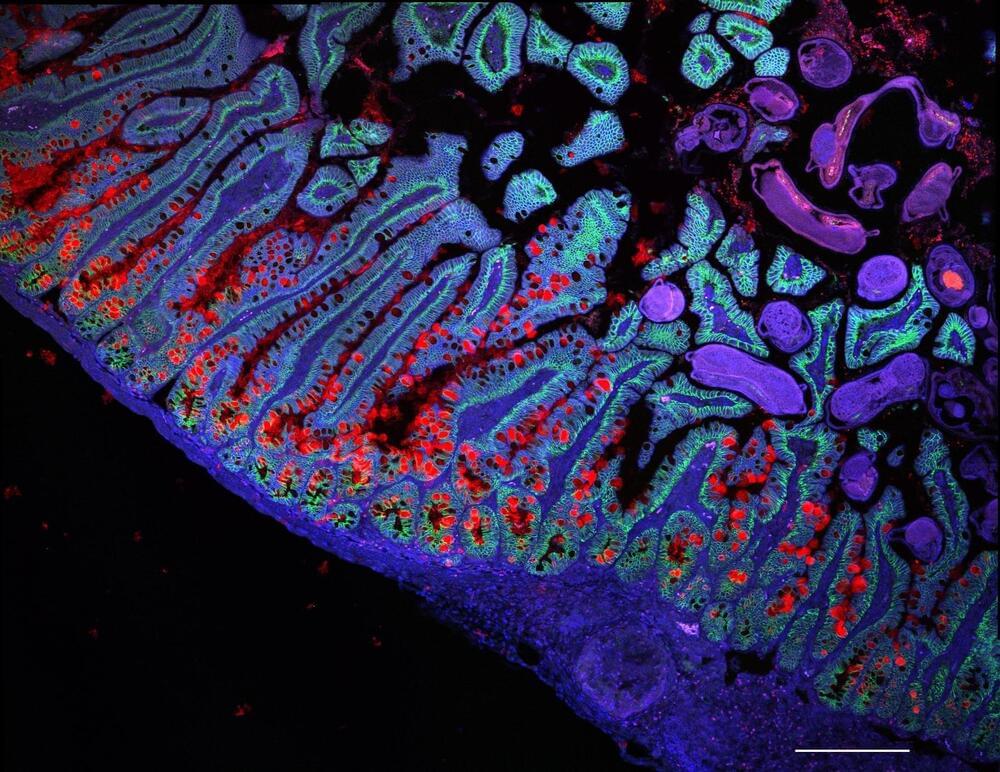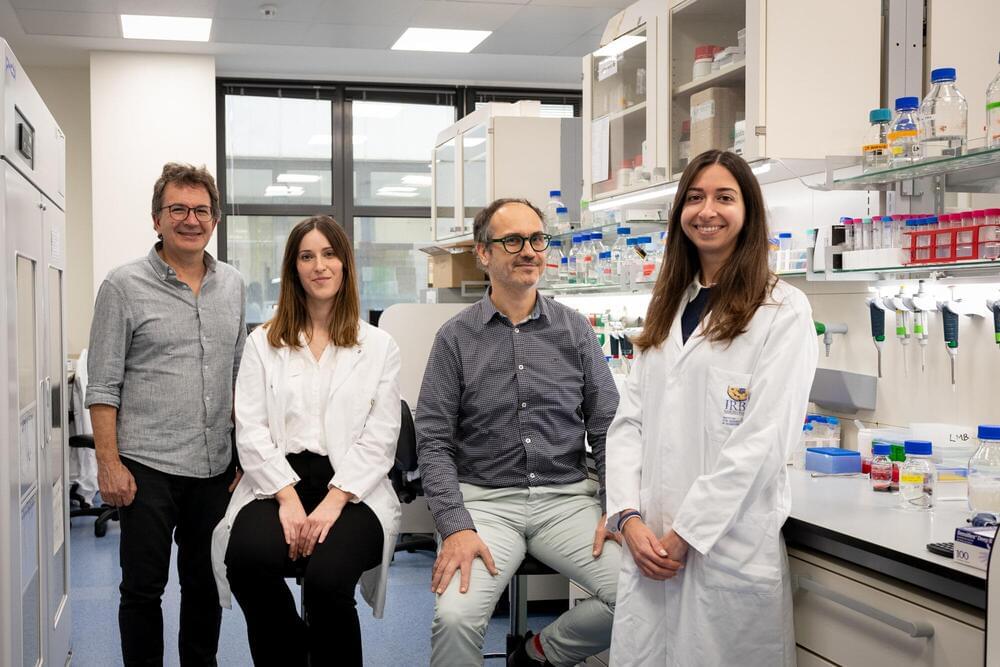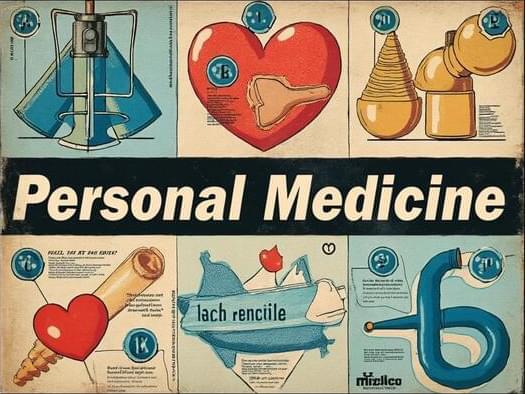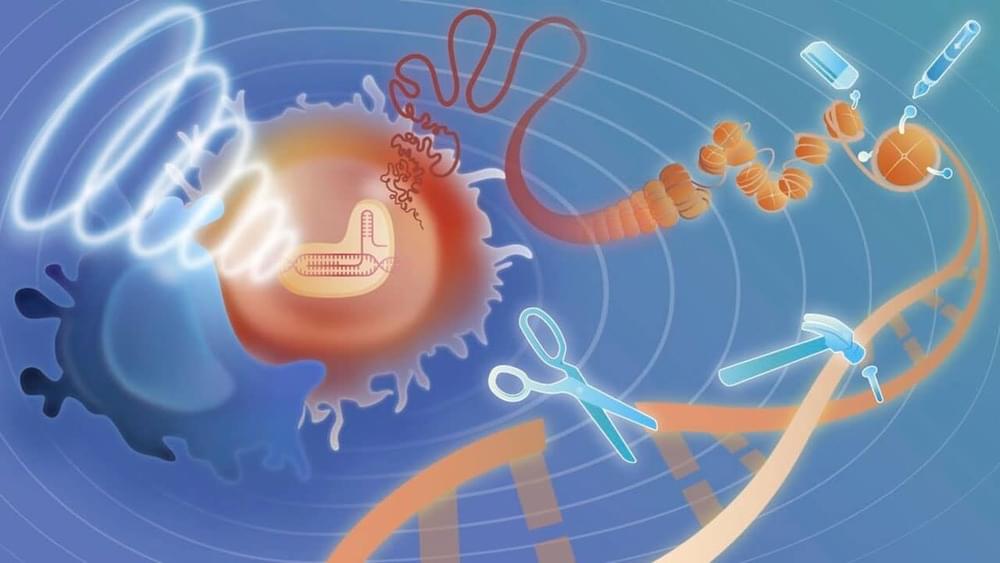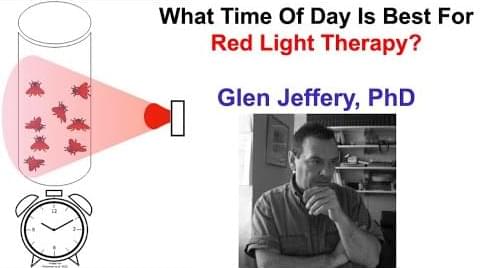Dec 7, 2024
Serious side effect of using CRISPR-Cas gene scissors uncovered: AZD7648 molecule can destroy parts of genome
Posted by Dan Kummer in categories: bioengineering, biotech/medical, food, genetics
Its a problem, but im sure ASI by 2035 will solve for a way to use a Crispr type tool with zero unintended alterations. Look for a way to use w/ out alterations in meantime, but worst case ASI will solve it.
Genome editing with various CRISPR-Cas molecule complexes has progressed rapidly in recent years. Hundreds of labs around the world are now working to put these tools to clinical use and are continuously advancing them.
CRISPR-Cas tools allow researchers to modify individual building blocks of genetic material in a precise and targeted manner. Gene therapies based on such gene editing are already being used to treat inherited diseases, fight cancer and create drought-and heat-tolerant crops.
